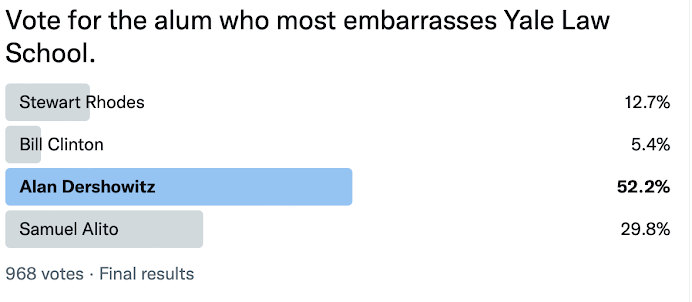Balancing and Deference: A Reflection on Justice Breyer
by Michael C. Dorf In my Verdict column last week , I characterized Justice Breyer as: (1) a fox--who cared about and was interested in a great many things--rather than a hedgehog--who knows one big thing; (2) a compromiser; and (3) a balancer, who, other things being equal, saw the virtue of flexible multi-factor standards as superior to fixed rules. Contrasting Breyer with the late Justice Scalia, with whom he often sparred during their long overlap on the Court, I expressed a preference, all things considered, for Breyer's standards and balancing over Scalia's rules and commitment to constraining judicial discretion. That said, I freely acknowledge that going all in on standards has the downside that proponents of rules frequently discuss. Other things being equal, standards are less determinate than rules, so rules have the virtue of predictability--valuable for those who must conform their conduct to rules as well as to a society worried about vesting too much discretion...
